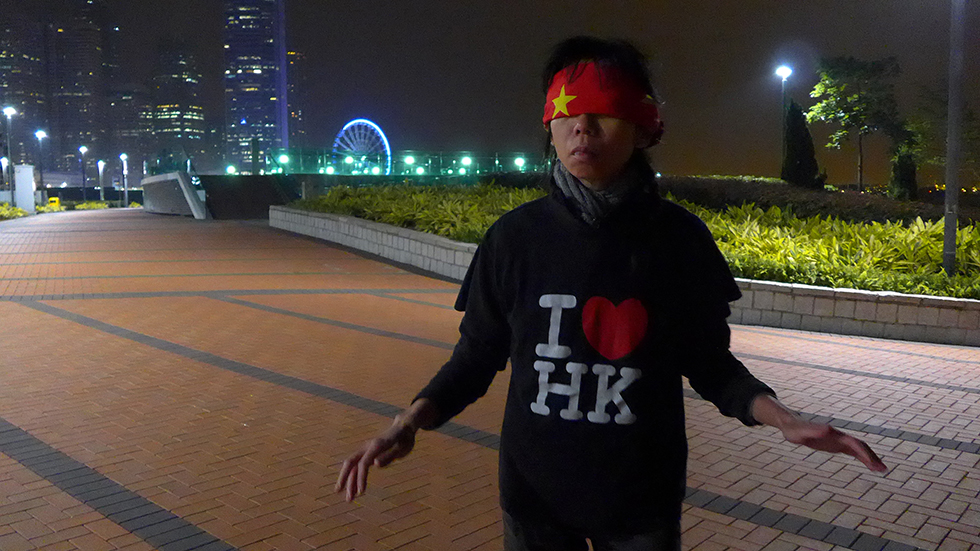“This morning, when I visualized Greece in the midst of anti-austerity protests, I saw the contested “Europe.” People in the streets, from all walks of life, from various generations, chanting, raising flags, rioting. I saw people organizing. I saw local assemblies, clinics run by volunteers. I saw the Acropolis, Exarchia, Syntagma Square. I saw olive trees. I saw the sun. I saw dēmokratia. The rule, the power, of the people. The very concept that has lost most of its meaning in today’s world. [...]
As I write this, the hope that finds expression in the streets and homes all over Greece is a movement. A movement in the midst of a huge loss of material wealth for ordinary Greeks. But there’s a message there for everyone and it is that people can unite, that democracy from below can challenge oligarchy, that imprisoned migrants can be freed, that fascism can be overcome, and that equality is emancipatory. The powerful have sent us a message: obey, and if you seek collective liberation, then you will be collectively punished.” Freedom is a Constant Struggle, Angela Davis 2015
Greece has always been a place of inspiration for most tourists/foreigners/non-Greek people. It is the country Angela Davis wrote about beautifully in her book Freedom is a Constant Struggle, the land where democracy was supposedly born, a country where philosophers like Socrates and Aristotle wrote about the continuous pursuit of freedom, happiness, and well-being. Over the past few years, however, especially in a post-pandemic society, authoritarianism has significantly increased. On a global level, there is an indisputable growing assertion of power by political executives. Greece is no exception; its democratic norms have been weakened. This article will discuss the two legislations passed during COVID-19 and its impact on the lives of Greek citizens.
In 1982, Greece passed the university asylum law as a result of the 1973 bloodshed that occurred by the U.S. backed military junta after a tank entered the Polytechnic University of Athens. Ever since, the police were not allowed to enter universities to create a safe environment with academic freedom for the students to flourish. In 2019, the university asylum law was abolished by the newly elected center-right government, Nea Dimokratia (New Democracy.) The Prime Minister Kyriakos Mitsotakis mentioned that “...”
On February 11 2021, the Greek government passed a new law that allows for the stationing of police on university campuses. Academics have warned the public that this will violate both the right to academic freedom as well as the ‘self governing’ legal status of Greek universities, granted by the Constitution.
Apart from the concerning presence of police in Greek universities, the Greek government also passed a penal code provision on November 11 2022, where the spread of alleged “fake news” has become a criminal offense punished with up to 5 years of imprisonment. In particular, the article 36 of the criminal code suggests that:
“Anyone who publicly or via the internet spreads or disseminates in any way false news that is capable of causing concern or fear to the public or shattering public confidence in the national economy, the country’s defense capacity or public health shall be punished by imprisonment for at least three months. and a fine.”
According to an annual report published by the Reporters Without Borders (RSF) Greece dropped 38 places in the ranking for freedom of speech –from 70th to 108th– in 2022 and is officially the lowest ranking country in the EU.
Furthermore, the murder of the Greek investigative journalist Giorgos Karaivaz who continuously tried to expose the Greek police and crime was particularly worrying. The journalist was shot at least six times and the investigation has been slow and .

Please like my website: